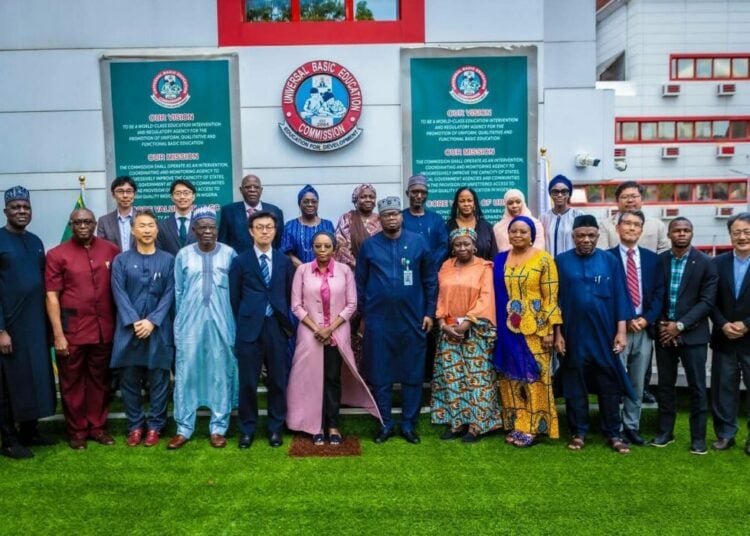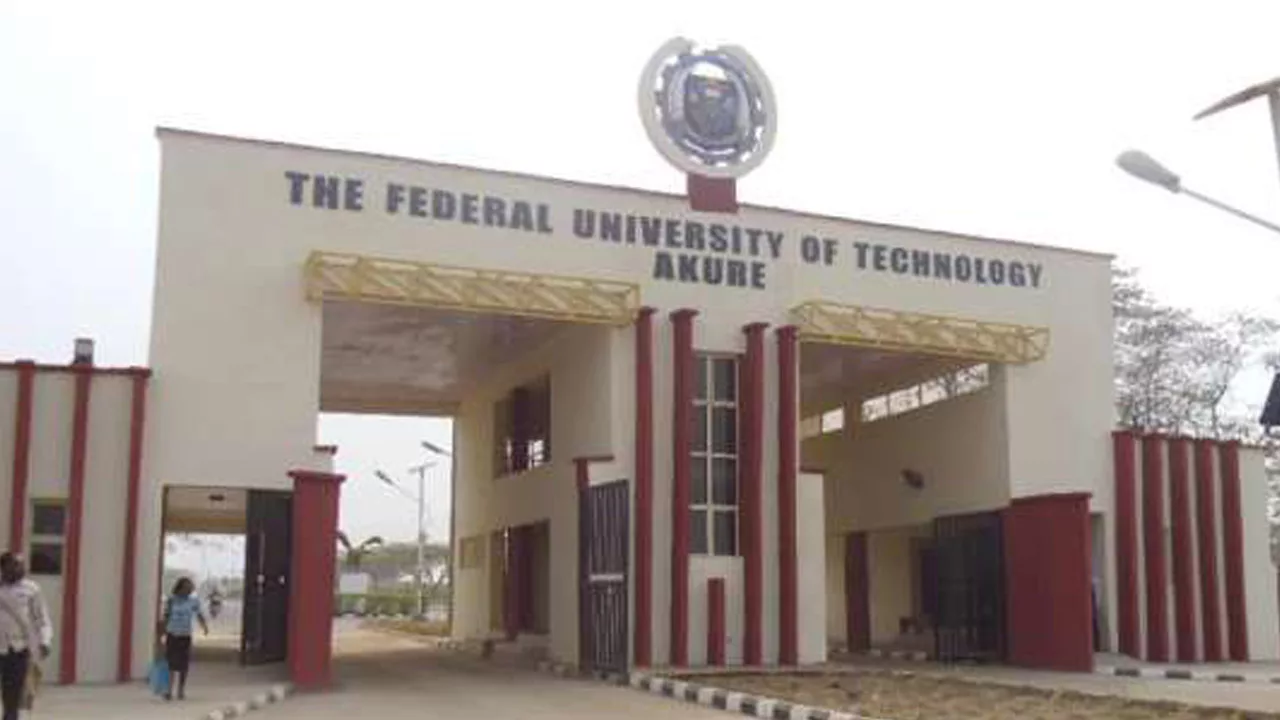Nigeria has entered a new phase of educational cooperation with Japan following the signing of a five-year Memorandum of Understanding (MoU) between the Universal Basic Education Commission (UBEC) and the Japan International Cooperation Agency (JICA).
The partnership aims to strengthen Science, Technology, Engineering, and Mathematics (STEM) as well as pre-vocational education in model schools across the country.
The signing of Memorandum of Understanding (MoU) between UBEC and JICA on Smart Education took place in Abuja recently.
Speaking during the ceremony, the Executive Secretary of UBEC, Aisha Garba, described the partnership as a reaffirmation of a shared commitment between Nigeria and Japan to the future of education and to the children whose lives will be directly impacted by this initiative.
“We are here not just to sign documents, but to reaffirm a shared commitment between our two countries, our institutions, and our people to the future of education. This project is about creating spaces where young minds can thrive in science, technology, mathematics, and pre-vocational education.”
The project will be implemented in selected model schools across Nasarawa, Benue, and the Federal Capital Territory (FCT).
It is expected to provide improved learning environments through new science laboratories, ICT rooms, vocational workshops, and gender-sensitive sanitation facilities.
Under the project, five model schools will be upgraded to serve as regional learning hubs, equipping students with hands-on experience in computing, home economics, and technical skills, in line with the national curriculum.
In his remarks, JICA’s Country Representative in Nigeria, Mr. Ishigame Keiji, commended UBEC and the Federal Ministry of Budget and Economic Planning for their leadership and collaboration, noting that the new initiative reflects Japan’s continued commitment to improving learning outcomes in Nigeria.
“The primary objective of this project is to enhance the educational environment by improving school facilities and equipment necessary for STEM and vocational education. It also aims to strengthen support systems for girls’ continuous learning in selected model schools.”
He explained that the project’s vision extends beyond infrastructure, aiming to position the model schools as regional hubs for educational excellence.
“Through these efforts, we hope to contribute to the development of industrial human resources vital for Nigeria’s future. In the educational sector, JICA remains committed to tackling the global challenge of learning poverty by supporting initiatives that improve learning outcomes.”





